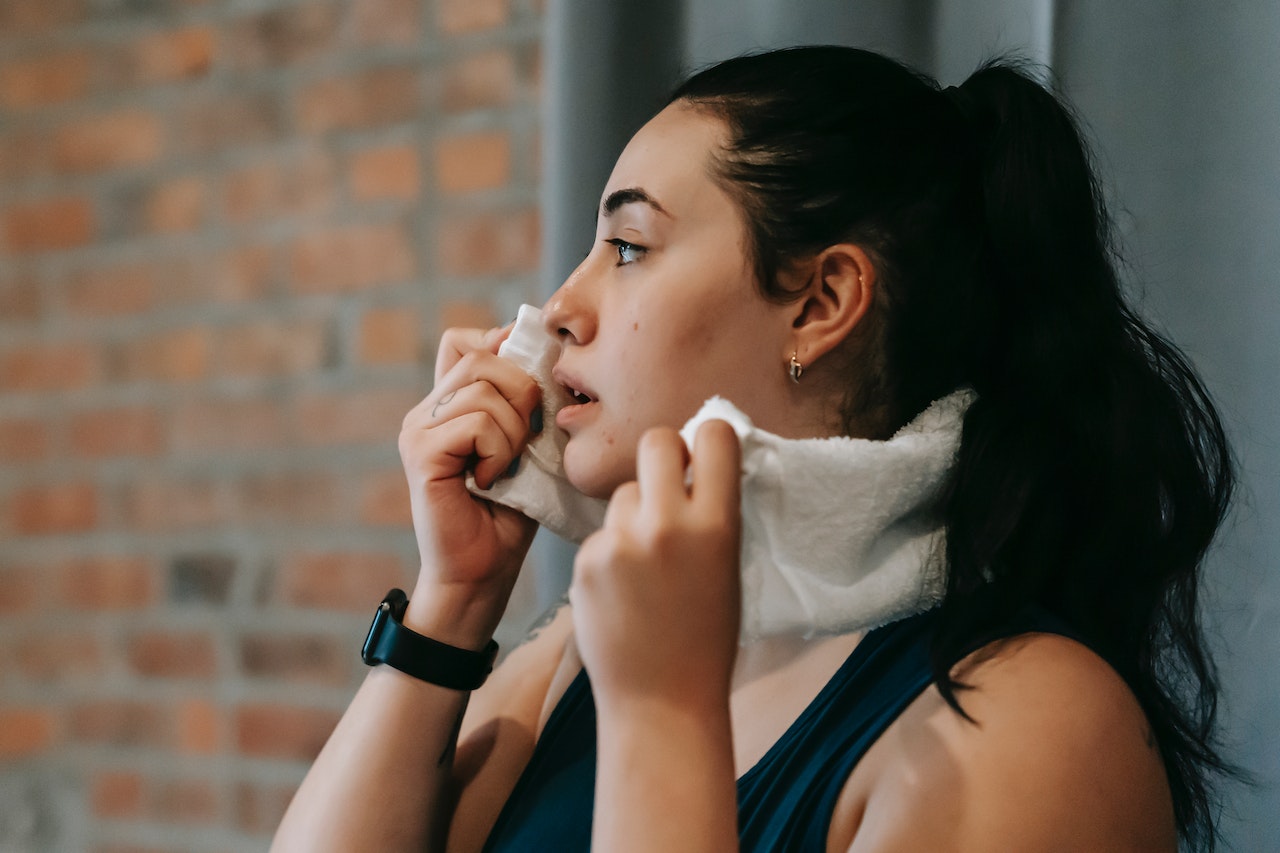
Engaging in regular physical exercise is undoubtedly beneficial for our overall health and well-being. Whether it’s a vigorous gym session, a long run, or a challenging yoga class, workouts push our bodies to new limits, helping us build strength, improve cardiovascular health, and boost our mood. However, what many people often overlook is the importance of proper rest and recovery after a workout. Resting adequately allows our bodies to repair, rebuild, and adapt, maximizing the benefits of exercise and reducing the risk of injury.
In this article, we will explore the art of resting properly after a workout and provide essential tips for effective recovery.
1. Cool Down and Stretch:
Before you rush to collapse on the couch after an intense workout, take the time to cool down properly. Cooling down helps your body transition from exercise to a state of rest more smoothly. Engage in light aerobic activity, such as walking or jogging, for about 5-10 minutes, allowing your heart rate to gradually decrease. Follow it up with gentle stretching to relax your muscles and improve flexibility. Stretching can alleviate muscle tightness, reduce soreness, and improve circulation, aiding in the recovery process.
2. Hydrate and Refuel:
During a workout, your body loses fluids through sweat, and essential nutrients get depleted. Replenishing them post-workout is crucial for recovery. Hydrate yourself by drinking water or consuming beverages with added electrolytes to restore the fluid balance in your body. Additionally, eat a balanced meal or snack within an hour of finishing your workout. Including a combination of carbohydrates and protein can help replenish glycogen stores, promote muscle repair, and enhance recovery.
3. Get Quality Sleep:
Sleep plays a vital role in the recovery process. During sleep, your body releases growth hormone, which aids in tissue repair and muscle growth. Aim for 7-9 hours of quality sleep each night to optimize recovery. Create a conducive sleep environment by keeping your bedroom cool, dark, and free from distractions. Establish a consistent sleep routine, avoiding stimulating activities and electronics before bed. Prioritizing sleep will not only enhance your physical recovery but also improve cognitive function and overall well-being.
4. Listen to Your Body:
Every individual is unique, and the way your body responds to exercise may differ from others. Pay close attention to the signals your body sends you. If you experience excessive fatigue, persistent muscle soreness, or joint pain, it may indicate that you need more rest. Pushing through intense workouts without adequate recovery can lead to overtraining, burnout, and increased risk of injury. Adjust your exercise routine and rest days based on your body’s needs to maintain a healthy balance between activity and recovery.
5. Active Recovery:
While rest and relaxation are important, it doesn’t always mean complete inactivity. Engaging in active recovery exercises can facilitate the healing process. Low-intensity activities like walking, swimming, or gentle yoga help increase blood flow, flush out metabolic waste, and relieve muscle stiffness. Active recovery promotes quicker recovery by reducing inflammation and promoting joint mobility without putting excessive strain on your body.
In conclusion, resting properly after a workout is an essential aspect of any fitness routine. By giving your body the time and care it needs to recover, you can maximize the benefits of your workouts and prevent overtraining or injuries. Remember to cool down, stretch, hydrate, refuel with proper nutrition, prioritize quality sleep, and listen to your body’s signals. Incorporating these recovery strategies into your routine will not only enhance your physical performance but also contribute to your overall health and well-being in the long run. So, embrace the art of resting properly, and let your body reap the rewards of your hard work.



